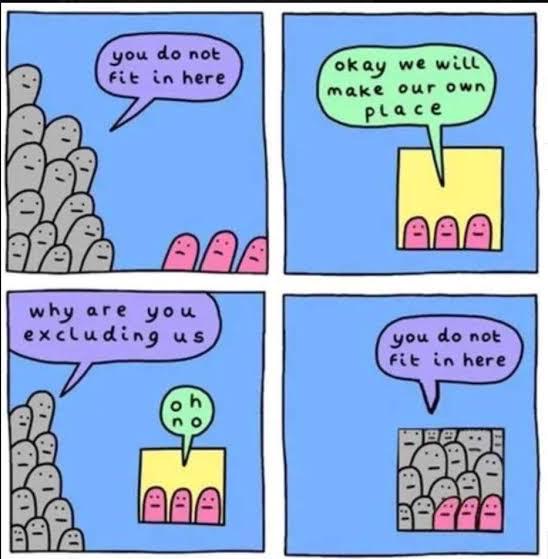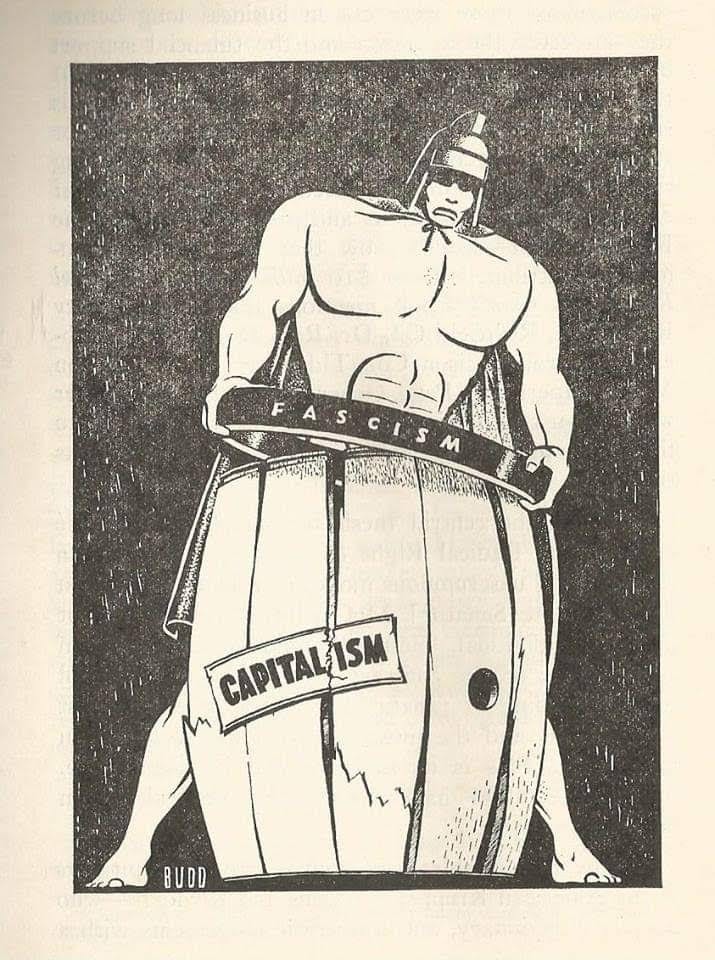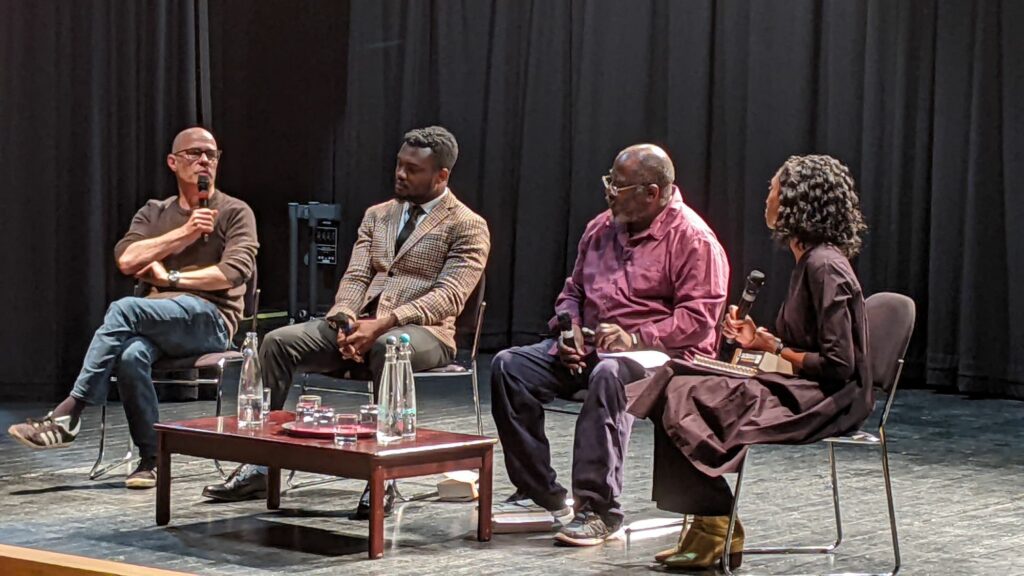We need to reboot “news” on the #openweb to tackle the challenges of our collective #stupidindividualism and the #techshit it pushes in the #Fediverse, this is about focusing on balance, collaboration, and meaningful process. Let’s look at one path away from this “common senses” mess making, the roadmap for #indymediaback and what do we mean by a #newswire. Looking at the current use of #AP on the #Fediverse with this in mind:
- Repeats: Strengthen syndication between instances for better information flow.
- Replies: Integrate as comments on newswire posts and features to foster engagement.
- Likes/Stars: Define their roles to signal endorsements or importance, avoiding redundant or unclear actions.
- DMs: Focus these on moderation or editorial inquiries to streamline communication.
The project is about enforcing a balance between creativity and structure, we use editorial collectives to curate content based on established journalistic standards (e.g., the 5Ws of news reporting). Then applying consistent moderation to maintain the newswire as a valuable resource for grassroots reporting, minimizing off-topic or non-news contributions.
Building a robust newswire needs clear editorial guidelines, beginning with strict adherence to “newsworthiness,” rejecting non-news posts (up to 98% initially flow likely) to establish quality standards. Over time, this threshold can relax with user education and feedback. Focus on first-hand reports that embody the 5Ws of journalism (Who, What, Where, When, Why).
The feature process, highlights the synthesize of the best grassroots reports into cohesive narratives, combining text, images, audio, and video for impactful storytelling. Develop the features through editorial consensus, is about growing diversity of perspectives and adherence to the #4opens.
Federation via #activitypub to share content across the organic spreading network, building interconnectivity without duplicating efforts. Allow comments and replies to appear across instances, growing dialogue while maintaining strong editorial oversight.
Dealing with the “Nutter” problem by focus on process, not outcomes. Push the project forward with clear processes built on shared principles, understanding that life and society evolve over time. Avoid getting bogged down by demands for “perfect” solutions – basic, functional systems are a strong start. Reduce misinformation and #FUD by establish user education paths to combat misinformation and clarify project goals. Use editorial tools to label, moderate, and remove false content.
The #OMN vision strong defaults to #KISS hardcoded values and embedding the #4opens at every level of the project to resist the push for dilution of #mainstreaming counter pushing.
Maintaining a grassroots, horizontal path to development to ensure inclusivity and resilience, needs a cultural shift, addressing the reliance on #fashernistas and those who push “common sense” a part of this is emphasizing long-term, principled growth over short-term popularity.
This path keeps the focus on trust, process, and grassroots collaboration, building a stronger, more resilient #Fediverse and revitalizing #indymediaback for meaningful, community-driven media production.

For more information, resources, the OMN wiki is a good place to start. You can fund the projects here





